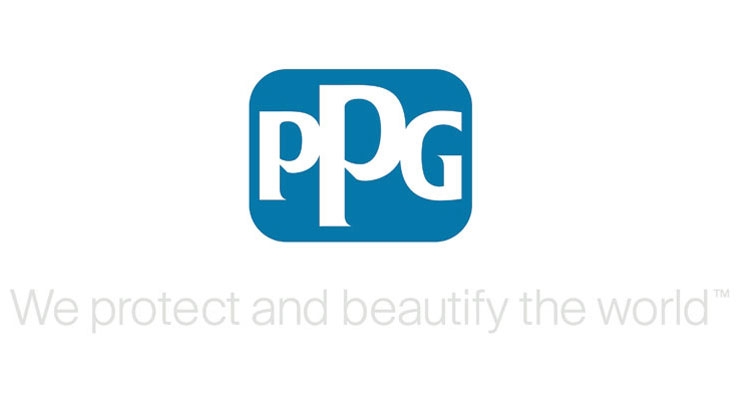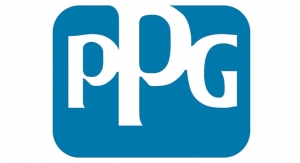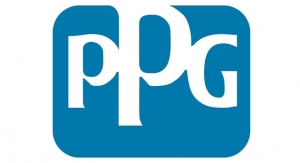06.13.17
PPG is flight testing WINLOGIC intelligent window systems to receive amended and supplemental type certificates from the Federal Aviation Administration (FAA). The patented PPG cockpit window systems provide protection from an emerging electrical fault that may result in a failure of the window. The window can subsequently be replaced and not cause a major flight interruption.
WinLogic intelligent window systems by PPG already have received Technical Standard Order authorization by the FAA to TSO-C178 and European Technical Standard Order authorization by the European Aviation Safety Agency (EASA) to ETSO-C178.
According to Emmanuel Francois, PPG program manager, intelligent window systems operation is transparent to aircraft operators and flight crews.
“After years of flying, heated cockpit windows may begin to exhibit a typical sequence that leads to electrical arcing damage, causing them to fail,” Francois said. “WinLogic intelligent window systems by PPG have been designed with a sensor to detect major arcing and stop the heating system so that the window does not break. The pilot can then safely land the aircraft, and the window can be replaced without causing a flight delay or cancellation.”
Francois said the sensing device is mounted on the window during assembly. Data stored on the sensing device are easily downloaded by a USB port. The small size of the sensor assembly enables PPG engineers to incorporate it into any PPG heated cockpit window design.
“PPG sees this as the first generation for WinLogic intelligent window systems,” Francois said. “Our goal is for every aircraft to benefit and to develop a system that predicts how much life is left on the window. This is the future of the aircraft cockpit window.”
PPG is launching its new branding for WinLogic intelligent window systems and displaying an example at the Paris Air Show in Hall 2b at Stand C105. The International Paris Air Show is June 19-25 at Le Bourget.
PPG’s global aerospace business offers coatings, sealants, transparencies, packaging and application systems, and transparent armor, as well as chemical management and other services. For more information, visit www.ppgaerospace.com.
WinLogic intelligent window systems by PPG already have received Technical Standard Order authorization by the FAA to TSO-C178 and European Technical Standard Order authorization by the European Aviation Safety Agency (EASA) to ETSO-C178.
According to Emmanuel Francois, PPG program manager, intelligent window systems operation is transparent to aircraft operators and flight crews.
“After years of flying, heated cockpit windows may begin to exhibit a typical sequence that leads to electrical arcing damage, causing them to fail,” Francois said. “WinLogic intelligent window systems by PPG have been designed with a sensor to detect major arcing and stop the heating system so that the window does not break. The pilot can then safely land the aircraft, and the window can be replaced without causing a flight delay or cancellation.”
Francois said the sensing device is mounted on the window during assembly. Data stored on the sensing device are easily downloaded by a USB port. The small size of the sensor assembly enables PPG engineers to incorporate it into any PPG heated cockpit window design.
“PPG sees this as the first generation for WinLogic intelligent window systems,” Francois said. “Our goal is for every aircraft to benefit and to develop a system that predicts how much life is left on the window. This is the future of the aircraft cockpit window.”
PPG is launching its new branding for WinLogic intelligent window systems and displaying an example at the Paris Air Show in Hall 2b at Stand C105. The International Paris Air Show is June 19-25 at Le Bourget.
PPG’s global aerospace business offers coatings, sealants, transparencies, packaging and application systems, and transparent armor, as well as chemical management and other services. For more information, visit www.ppgaerospace.com.





